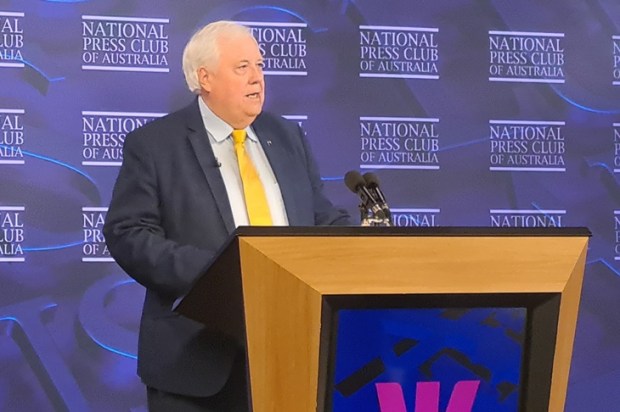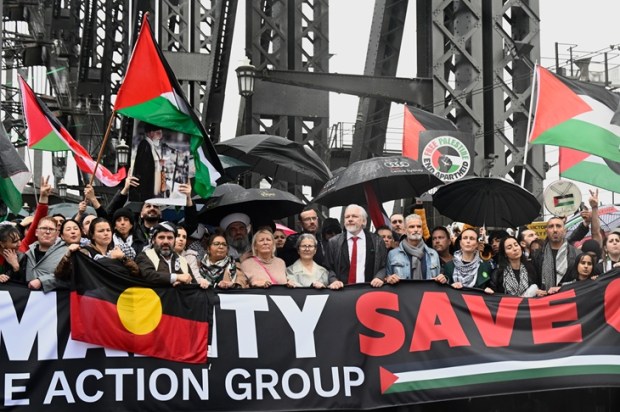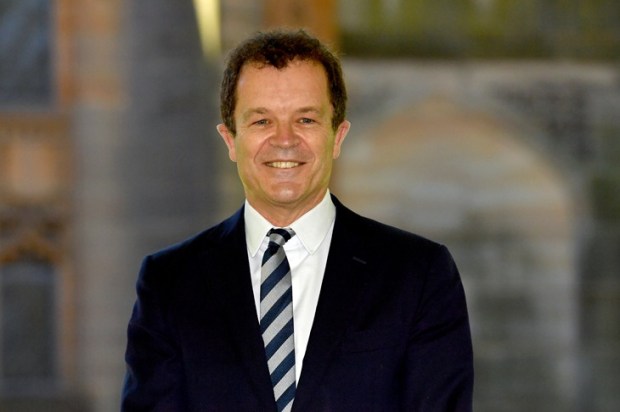Formalised factions are commonly associated with socialist political parties. Marx viewed religion as the opiate of the masses. No wonder whoever dreamt up formalising factions for the Liberal Party is responsible for killing the broad church.
Many hate the idea of a broad church, but John Howard used it to reinvent Menzies’ party and to accommodate economic liberals and conservatives.
Paul Kelly has argued the failure to reinvent the broad church for contemporary politics is to blame for the Liberals’ demise. Unfortunately, the other part of the story is how factionalism helped destroy any capacity for reinvention.
In the late 1990s, the Queensland Liberals went through exactly what is happening now in NSW and Victoria. The thinking that led to the merger of the Queensland Liberals and Nationals into the LNP was crucial to ameliorating the drama created by informal factions and infighting that sent the Queensland Liberals into the wilderness and eventually into oblivion.
One of the problems with formal factions is that they cement loyalties. It’s hard to be Switzerland if you’ve declared your loyalty to another country.
During John Howard’s tenure, economic rationalism was de rigueur. This was a significant change from Menzies’ era when protectionism and Keynesianism saw a greater role for the state in industry. Paul Kelly’s Australian settlement concept explains much of the logic behind state support for industry. Like most economic arrangements, such thinking becomes a habit over time.
In the 1980s, Thatcher and Reagan turned protectionism on its head. At the same time, Reagan fought a trade war to reassert US dominance, like Trump is doing today but much more limited in scale.
The difference then was that the rules-based world order was not run by radicals as it is now. Globalisation through free trade would bring about peace and stability. Today, ‘globalism’ means Western Civilisation is on the nose, decolonisation is polluting the minds of young people, and the renewables farce is coming undone. Even Menzies’ support for Australia’s ‘atomic age’ was referred to as ‘nuclear colonialism’. I dealt with this extensively in my chapter in The Menzies’ Ascendency last year.
In Australia, instead of embracing nuclear, the leftist ideologues have actively pushed back against it. The argument has nothing to do with reducing carbon emissions, a ludicrous cause for Australia when the big emitters are using our coal while we drown in debt to cover our power bills.
Peta Credlin rightly pointed out that the recent election involved ‘very little principled politics’ and that to understand the renewables and nuclear debate we need to ‘follow the money’. Credlin said of the Teals:
‘They’re not idealistic “community independents”. They’re the incredibly well-funded, well-drilled political arm of the renewable energy industry that wind and solar barons have organised and funded into the Parliament to protect their subsidy-harvesting business model. And it’s why there will be a concerted effort to try to force the Liberals to dump nuclear.’
One could argue the same of the left factions of the Liberal Party. Follow the money.
The broad church is no longer about economic liberalism or protectionism. Nuclear threw a spanner in the works because, like much of Australia’s development, it will need state support to get off the ground. The nonsense about state intervention being against ‘Liberal’ principles pretends that the Menzies era didn’t happen. Nobody was talking about classical liberalism in the postwar golden age and business was booming.
It was not until the 1980s that economic rationalism was reflected in the politics of both Labor and the Liberals. Labor had to keep its house in order while embarking on economic rationalism in the same way that the Liberals need to keep their house in order in dealing with post-pandemic economics. This was encapsulated by Paul Keating infamously telling a protester to ‘go and get a job’.
The culture wars took a back seat as the economy was front and centre. Today, the economy is all about handouts while the culture wars are front and centre, even though the façade of the long march through the institutions makes it look like the culture wars don’t exist except in the minds of the Liberals’ National Right faction.
The broad church needed to find a balance between the environment and the economy, the culture wars and the tragedy of Indigenous disadvantage, state control of individual liberties and ensuring national security and social cohesion. The Liberals failed to do this and the fracturing of the right represents the undoing of Menzies’ legacy.
As the left media keep advising the Liberals to ‘do the opposite of what Peta Credlin says’, I’d be following the money there, too. Albo has released a deluge of grifters that will bleed us dry now and even our unrealised gains.
As Rebecca Weisser writes in the magazine, when Sir Robert realised the United Australia Party:
…“had no clear policy, no zest for ideas, no great conviction of purpose. It had become a shadow of itself”… he did the only honourable thing and resigned.
Like the United Australia Party, I am begrudgingly coming to the conclusion that the party of my political hero, Sir Robert Menzies, is done.
Dr Michael de Percy @FlaneurPolitiq is The Spectator Australia’s Canberra Press Gallery Correspondent. All opinions in this article are the author’s own.


























